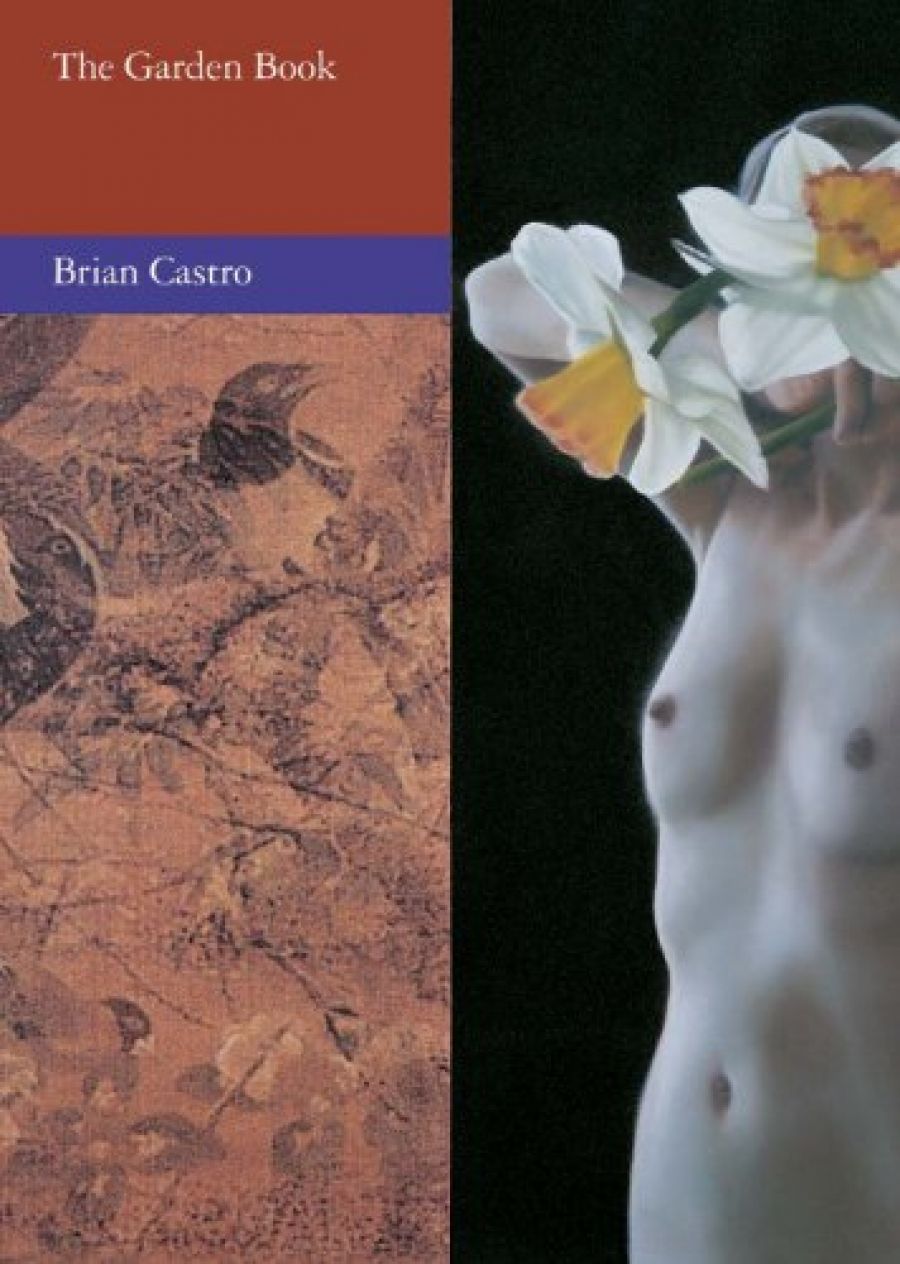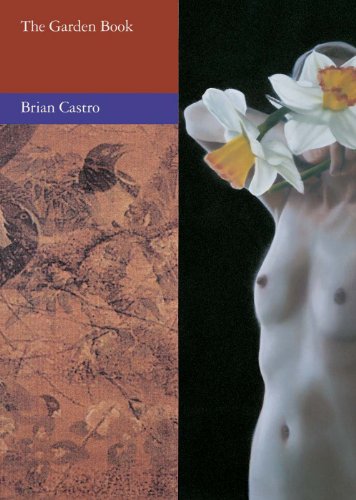
- Free Article: No
- Contents Category: Fiction
- Review Article: Yes
- Article Title: The avant-garde minder
- Online Only: No
- Custom Highlight Text:
These are hostile times for literary fiction in Australia. New novels are well advised to don flak, not flap, jackets. And it’s not just a simple case of critics sniping from the sidelines, wanting their piece of the action. This is a full-blown civil war involving all the vested interests – publishers, editors, journalists, publicists and booksellers – not just writers and readers. The smarting adjectival arrows continue to find their targets. Current fiction is too dreamy, starchy, inconsequential, ingrown, belletristic, portentous. While our non-fiction writers have been doing time in South American jails and running the gauntlet of spy networks, our best novelists have been tending the lily-livered genres of historical fiction and fable. Many of them have been accused of skedaddling off to the library at a time when a confrontation with the forces of xenophobia, philistinism, fogeyism and greed is more than ever required. Novel-writing, in a word (and it’s one that has been flung around with a degree of passion recently), has become ‘gutless’ storytelling.
- Book 1 Title: The Garden Book
- Book 1 Biblio: Giramondo, $27.95 pb, 316 pp
- Book 1 Cover Small (400 x 600):

Brian Castro’s The Garden Book is that rare species: a new Australian novel with moxie. But while, at first glance, it appears to be a novel about life in the Dandenong Ranges during the first half of last century, fact-finding and verisimilitude could not be further from the author’s intentions. There is none of that sense – irksome to my mind – that the book is merely the rough-hewed rump of cold hard fact that a mountain of research has turned up. Actual events – for instance, the 1938 crash of the Kyeema, pride of the Australian National Airways fleet, into the side of Mount Dandenong, killing eighteen people – serve as a spur, not a crutch, for the imagination. In fact, the narrative structure of the novel as a whole seems to suggest that the making of history is due less to the inevitable corollaries of archival evidence than to the wilful impositions of its collectors. All storytellers are liars, research or no research. The past is in their employ.
The Garden Book is also bold because it manages to look our nation directly in the face without a single reference to the three ‘Rs’ – reconciliation, republicanism and refugees. As a consequence, the book is cool-eyed rather than nostalgic, even when the prose turns purple. Indeed, it is as splenetic an attack on the unspoken Aussie values of unthinkingness, inarticulacy and mediocrity as I have ever read. The fringe-dwelling family is portrayed as the root of many evils, suspicion and brutality among them. They are Australia’s real primitives – not Aborigines, not migrants – leeched hollow by the hard, physical slog of ‘nation-building’. There’s more than a little of Castro’s love for Thomas Bernhard on show here. Like his hero, Castro is fouling his own backyard.
The Garden Book bears all the hallmarks of the ‘bankable’ Australian novel: local colour, oddball characters, lyrical descriptions of landscape and flora, with a multi-cultural twist. Castro’s problems finding a publisher for his previous novel, the award-winning Shanghai Dancing (2003), are, of course, the stuff of local legend, so it’s hard not to read all of this as part-spoof. ‘Is this what you were after?’ Castro seems to be saying. The book also appears to be having a bit of fun at Murray Bail’s expense. One sees in the tree-felling Darcy Damon a demoniacal parody of Eucalyptus’s etiolated arborist, Mr Cave, for example.
But unlike Eucalyptus and other novels of its type, The Garden Book puts the fairy-tale element to rest early in the piece. The love story between Darcy and Swan Hay – the novel’s early hook – quickly turns sour. Castro convincingly argues the unpalatable truth that desire isn’t reasonable and seldom knows what’s good for it. Halfway through the book, too, both characters have resigned themselves to a life more, rather than less, ordinary, and almost completely recede from view. For a novel about bibliophiles – its characters are collectors, writers, translators and scholars – The Garden Book is daringly pessimistic about literature’s failure as a vehicle of communication, connection and self-correction.
But reading the novel, the Latin phrase redolet lucernam came to mind. At its best, the novel is poignant and playful. At its worst, it is precious and ponderous without purpose. We are often invited to share in the delights of a pun or a felicitous phrasing, but are asked too many times to pay reverence to a meaningless gnome or to attend to the sound of the author chuckling to himself. Castro is a writer who wants to play reader, too, and sometimes I wanted to tell him to get out of my way. Nonetheless, The Garden Book reminds us that an avant-garde literature of the kind Andrew McCann pleaded for in the pages of a recent issue of Overland – one that is ‘based on a deliberate attempt not to tell the same old comforting stories of closure, spurious mysticism, self-discovery, or personal reconciliation’ – has at least one minder.


Comments powered by CComment